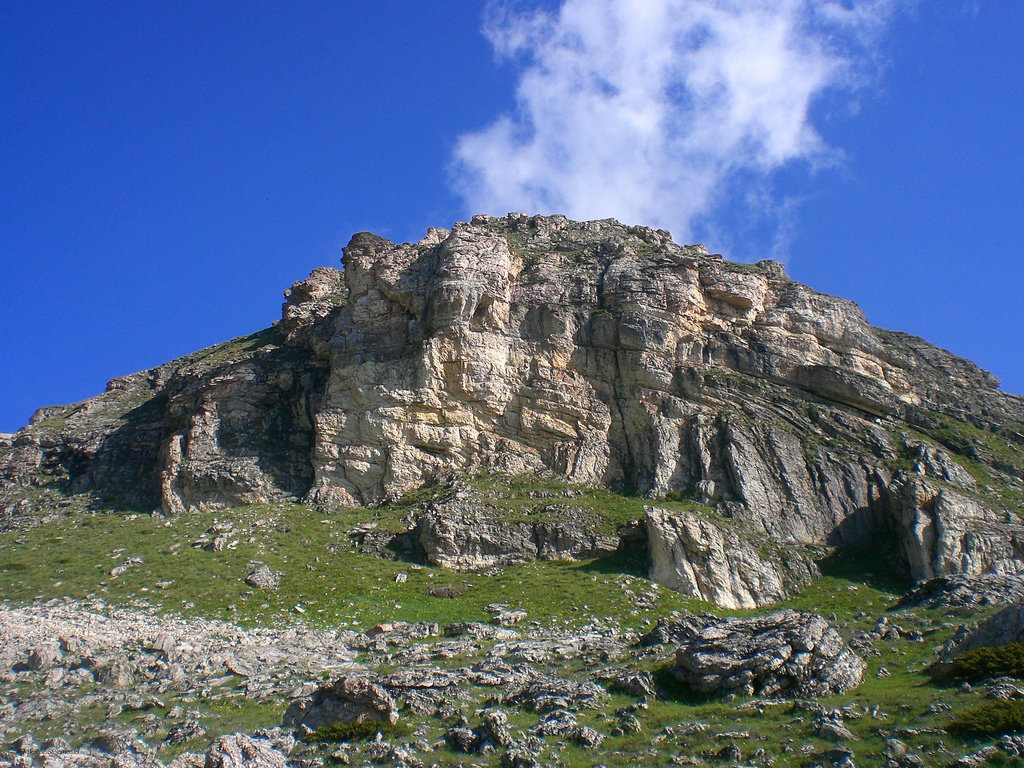Originally posted by Epirot
Any evidence about his father lineage coming from Kostur? Interestingly, his best biographer (Marin Barleti) never mention any indication of Kostur!
I would now like to turn to the actual history of the Albanians and of the country they inhabit. They are the descendents of the ancient Illyrians, whereas their neighbours, the Vlachs, whose ancient history I will deal with later, are the children of the Thracians. I will try to prove these statements as best I can.
1774
Johann Thunmann:
On the History and Language of the Albanians and Vlachs
1774
Johann Thunmann:
On the History and Language of the Albanians and Vlachs




Comment